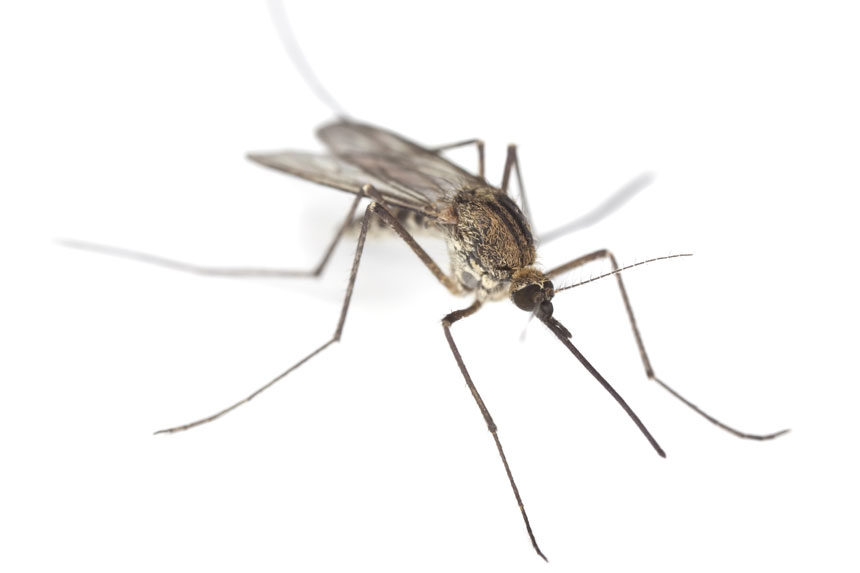Managing editor and logophile Andy Hollandbeck reveals the sometimes surprising roots of common English words and phrases. Remember: Etymology tells us where a word comes from, but not what it means today.
Autumn is my favorite time of year. Not only do we get the beautiful colors of turning leaves, but the temperature drops to pleasant, sweater-wearing levels and, more importantly, the mosquitoes start to go away. Judging by how eaten up I get outdoors during the summer months, I must taste like the insect equivalent of good cheesecake, so delicious that those little bloodsuckers will tolerate even the bitter bite of bug spray to get a taste of me.
But as the temperatures drop, so does the number of mosquitoes floating about looking to extract a quick snack from my skin. And I get to actually enjoy being outdoors.
That name mosquito comes to us through Spanish. The Latin musca led to the Spanish mosca, both meaning “fly” — the insect, not the verb. Mosquitoes are smaller than flies, so the Spanish diminutive ending -ito was added to create mosquito, a word that English speakers began using to describe members of the family Culicidae at the end of the 16th century. Etymologically, mosquitoes are “little flies.”
That Latin word musca found another future outside of entomology, too. Mosca was also the Italian word for “fly,” and the Italians added their own diminutive suffix to create moschetto. But this was the name not of a bug, but of crossbow arrows — probably because A) they fly, and B) they’re smaller than regular arrows.
During the 16th century, right about the same time that mosquito was coming into being, firearms were superseding Medieval weaponry. Early muzzle-loading weapons replaced crossbows, but the Italians kept the moschetto name to describe the new technology. The French adopted the weapons, too, and adapted the Italian name — these early rifles became mousquettes.
This name transformed into the English musket, etymologically just another “little fly” but one with a worse bite than even the hungriest mosquito.
Featured image: Shutterstock / Henrik Larsson
Become a Saturday Evening Post member and enjoy unlimited access. Subscribe now




Comments
Interesting feature on name lineage of these biting bastards; even with the proper bug spray. Makes me less bothered by the occasional fly that flies indoors in the summer. Sorry you’ve been bitten (apparently often) in the hot weather too. Sounds like its genuinely fall where you are. That’s good. I believe my culprits are the less obvious, more spider-like wasps. They really go for the feet, ankles and inner/outer calves. Hands too.
The irony is that they’re not really a problem until late Sept., when fall starts, and not in the summer itself; at least in Calif. The last batch was going away, and I have 2 new ones just today, Oct. 14th. Last week fall seemed to be here, which was weird. Hot again of course. October and November usually are. Shame on ME for letting my guard down! Fortunately I have plenty of calamine lotion. It stops the dreadful, intolerable itching pretty fast, and starts the healing.
Etymologically, the words associated with these insects sound so innocent, even lovely. Leave it to the Italians and French to make a firearm (moschetto and mousquettes) sound more like items you’d find on one their respective dinner menus! Escargot in garlic butter sauce however, sounds great right now.